In a digital age, the town square has moved online. What used to be local bulletin boards and town hall meetings has now taken form in Facebook community groups. These neighborhood and town hubs are home for people to gather and share anything they please to their fellow community members. Joshua’s very own community Facebook group, Joshua Residents Talking, which has garnered over 13,800 members, has been a very popular source for community members to interact and engage with the community. Every day, multiple posts are shared from an array of members who keep the group lively and filled with Joshua’s current events. From lost dog alerts, or asking for plumber recommendations, all the way to an uprising in online wage wars over local politics, school district grievances, or drivers on the road, there is never a dull moment on JRT.
However, while these Facebook communities were born with the idea of connecting neighbors and strengthening civic bonds, there is still a toxic and dark side to these groups that have become increasingly difficult to ignore. JRT is no exception to that.
The Online Amplification of Division and Lack of Boundaries
When disagreements arise between individuals in person, they can be softened by tone, context, and body language. But when a disagreement occurs online, those nuances and in-person respect people tend to maintain, just seem to disappear. A post about the school board decision or bond propositions can quickly evolve into an all-out war in the comment section. While for most, the online arguments can be simply entertaining to watch unfold, but over time, the tension and consistent fighting takes a toll on the community. It separates and divides members based on online wars that can get dragged out in comment sections or posts for days. While any person could argue that this online partisanship is common and unavoidable, especially in these kinds of group settings, that doesn’t mean it doesn’t slowly make its way into real life behavior. When it happens to a small town, where a large majority of the population is staying tuned into what exactly is happening in said town, the tension and division can be irreversibly damaging.

“I pride myself on trying to be unbiased and staying impartial, and I’ve never been the type to engage in arguments over an online post, but I’ve found myself becoming more and more subconsciously judgmental towards people within the community; I blame JRT,” an anonymous elementary staff member said. “I’ve started to see the way people, most of which I’m connected to in some way in real life, behave differently online. I hate that my opinion of people who I’ve known for years prior, can be easily changed by a Facebook post. I’ve met people whose posts or comments I had previously seen on JRT, and I feel like I already have a premeditated opinion of them, good or bad. I think a lot of people within the group subconsciously do the same. I hate that an online group is changing the way our community behaves.”

Division within the community can also be especially fueled when these arguments turn personal. Members are often very quick to take personal jabs or cross boundaries that can very easily offend and set off other members. People are very quick to make rude and personal comments that they otherwise wouldn’t normally make, but because they are hidden behind a screen, they feel protected by the safety of anonymity, despite having their name attached to what they share.
“I cannot lie, seeing what my parents post on JRT is embarrassing,” an anonymous freshman said. “I know they’re just sharing their opinions, and that’s fine, but seeing my parents being so harsh and offending others just disgusts me. What makes it worse is that I share the last name of both of them. What if my teachers see what disrespectful comments my parents make online and connect that to me? If I’m so embarrassed by what my parents have simply said, does that mean the people who actually make the comments have no shame or fear that they’re creating a negative image for themselves? It all just amazes me how inhumane people on JRT become.”
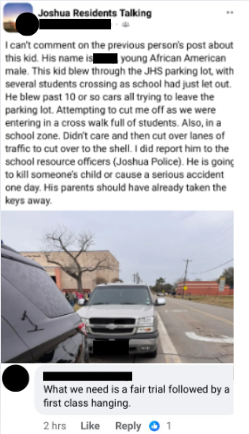
Even more so, safety and boundaries are something that seem to be missing within JRT. High emotions and a need to get out there and share an opinion has led to people’s names, faces, and even license plates being posted. Members have a tendency to take pictures of others or their belongings without consent, and post them on JRT in order to get a point across or ostracize others. This especially is an issue with parents and community members posting the pictures of minors, who they don’t know, and posting it on a group with over 13,000 members with their personal, and usually negative, commentary. This has led to unnecessary comments on the description or behavior of people/students who might not even know they’re being posted online for thousands of people to see and critique. Whether the post is good or bad, it can be extremely dangerous and lead to even more division and hatefulness in the community.
“I’ll be casually scrolling through JRT and I’ll see my students name or face on a post,” an anonymous ninth grade staff member said. It’s terrifying to see some random adult or parent just ripping a kid apart. I think ‘wait, I know this kid, this is a good kid and they don’t deserve this kind of negative attention and backlash,’ but these random strangers don’t know that. They just see an open opportunity to be hateful and they run with it. I also wonder if their parents or family members are aware of these kinds of posts. Personally, if a stranger posted something my child did, or a photo of them, with misconstrued or misleading information, I would be livid.”
The Bottom Line
While JRT has traits of negativity and hatefulness, there are still good things to be seen within the group. Community Facebook groups like JRT are meant to reflect both the best and worst of us. They are mirrors of our community, amplifying kindness and helpfulness, but also division, fear, and control. The challenge lies in recognizing their power and responsibility for how they are used. At the end of the day, if the digital town square becomes a battlefield, nobody really wins.


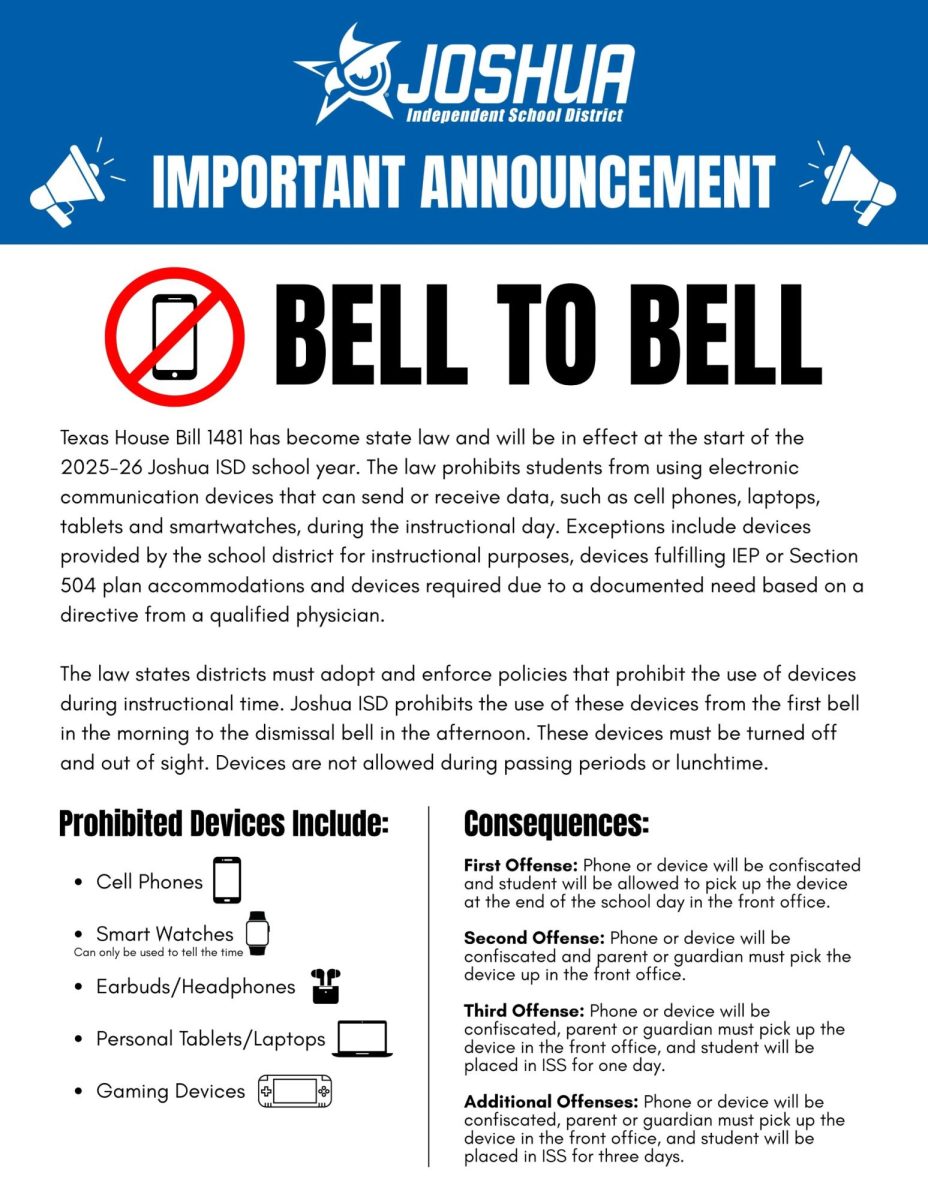
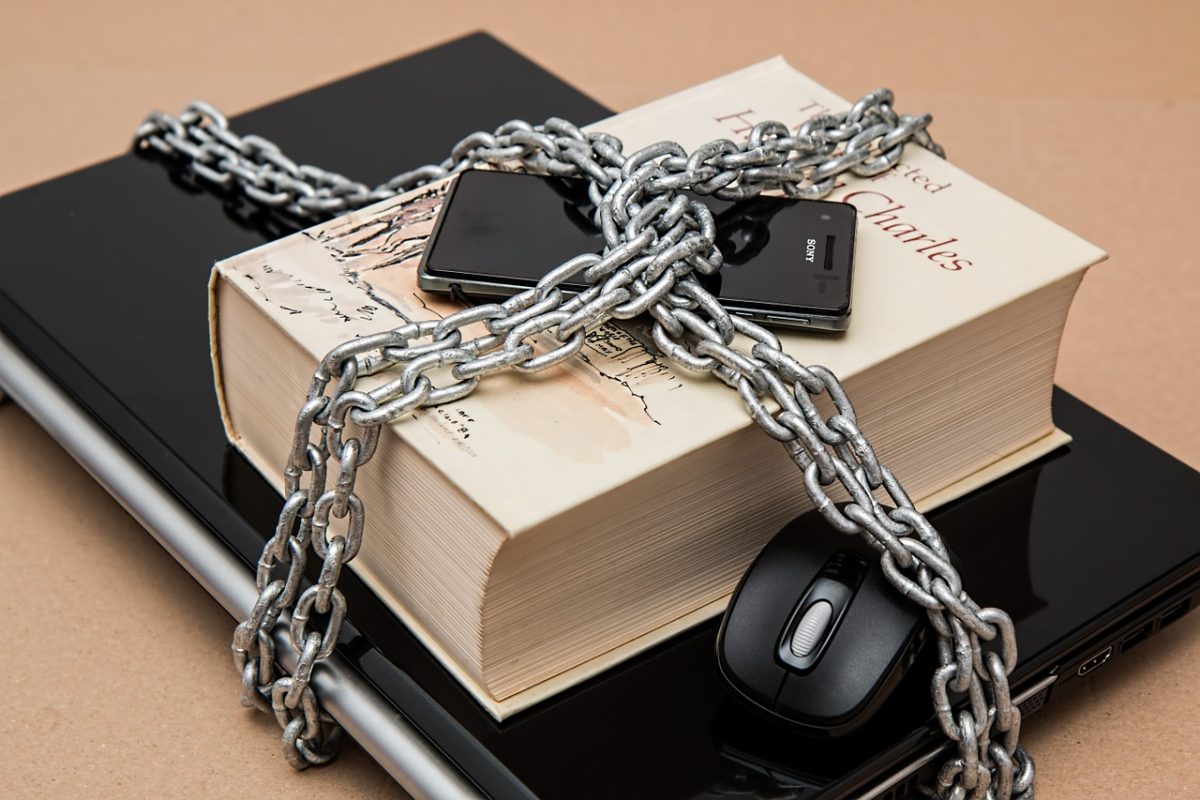


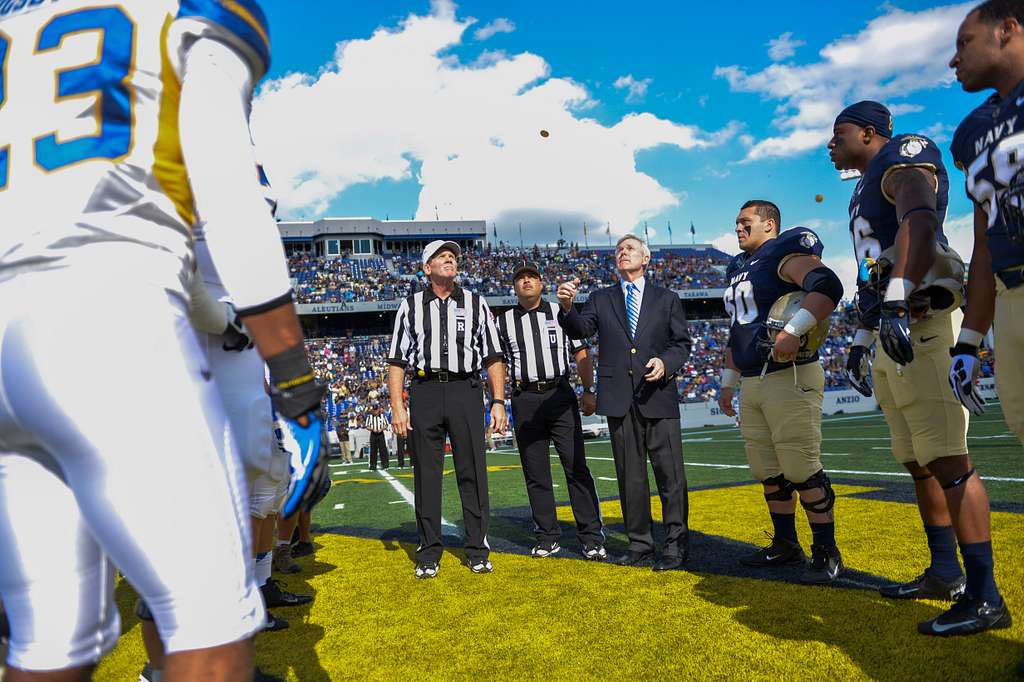


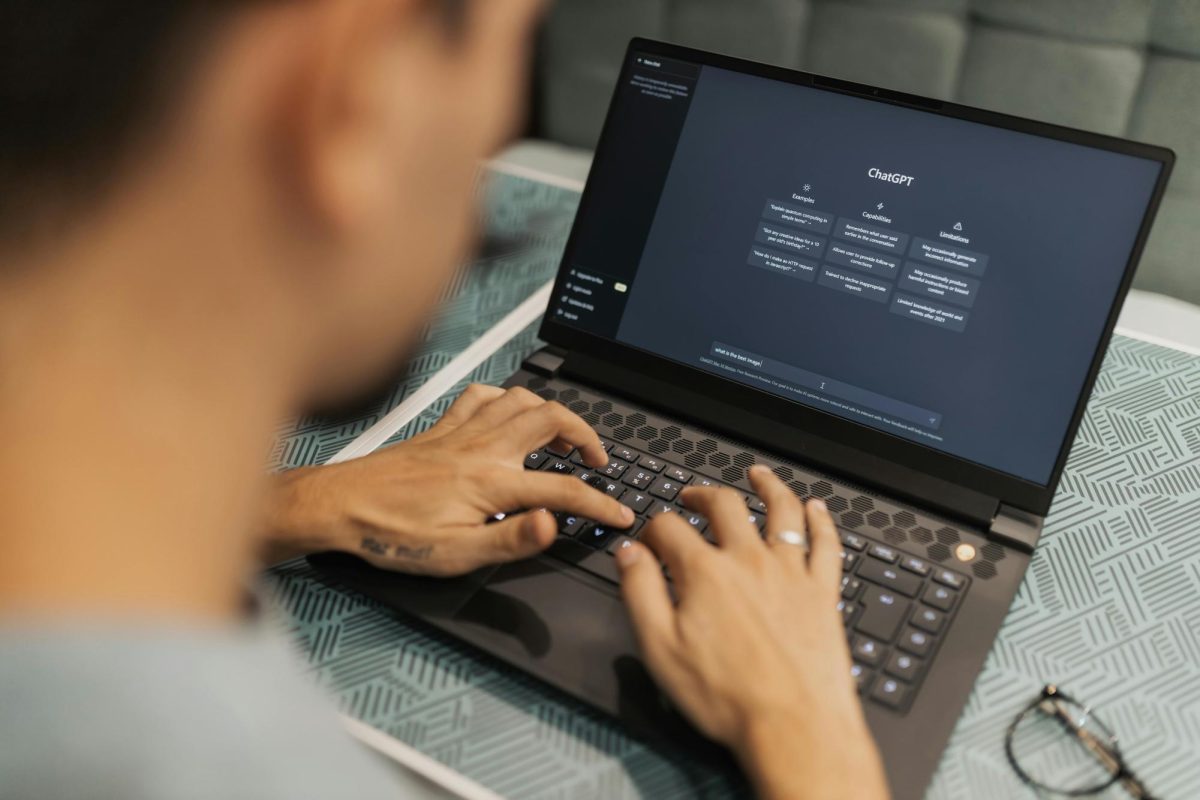
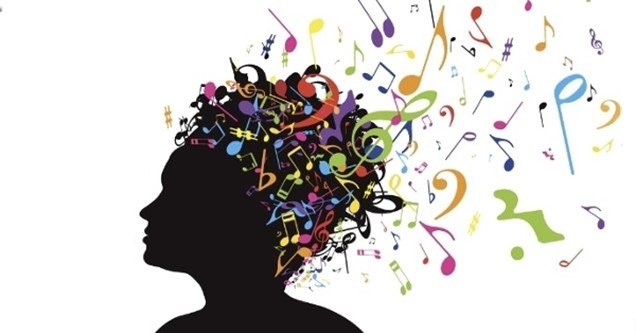
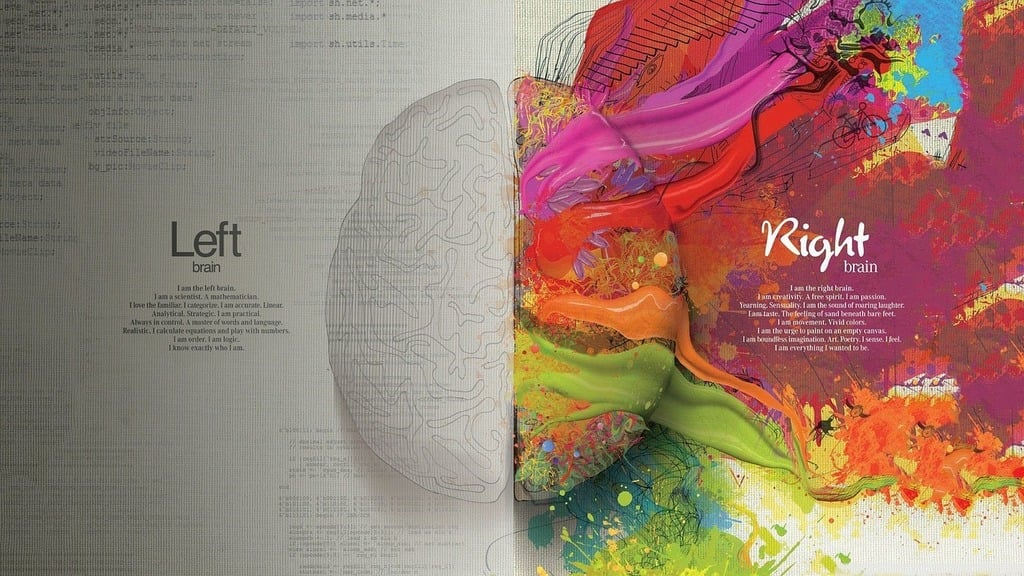
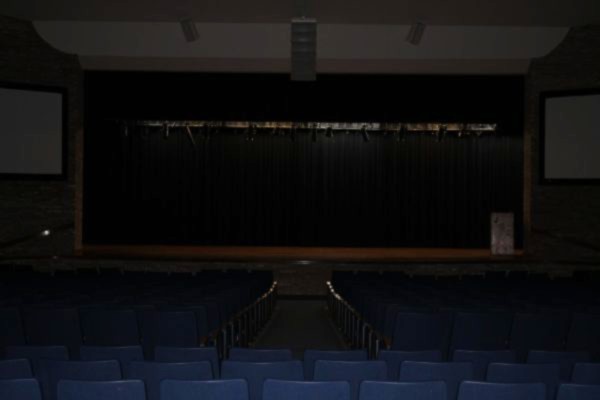

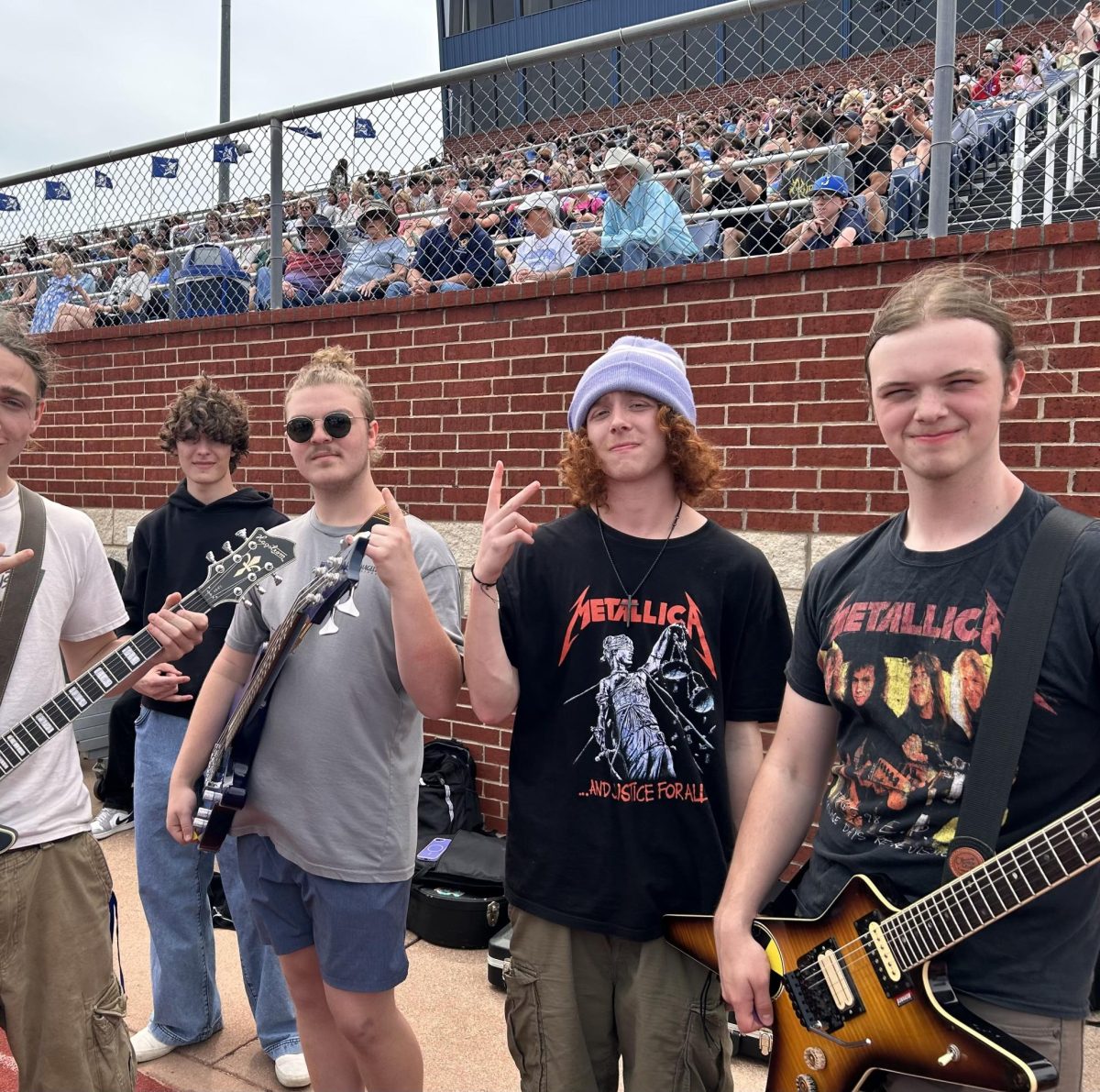
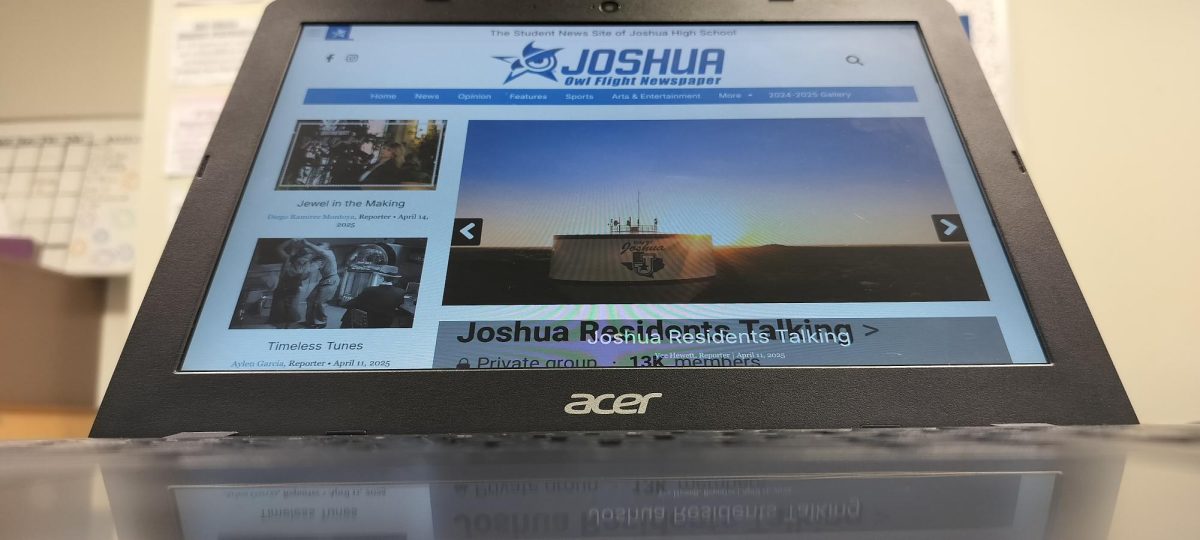

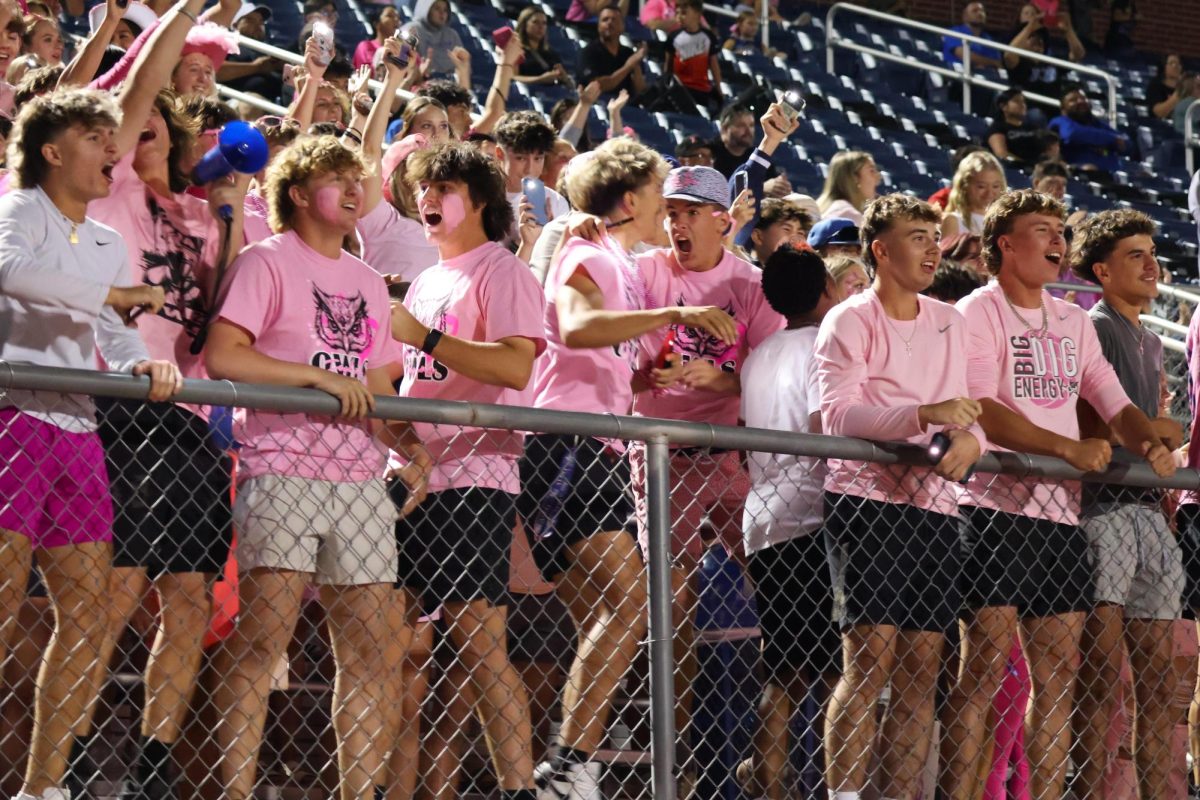
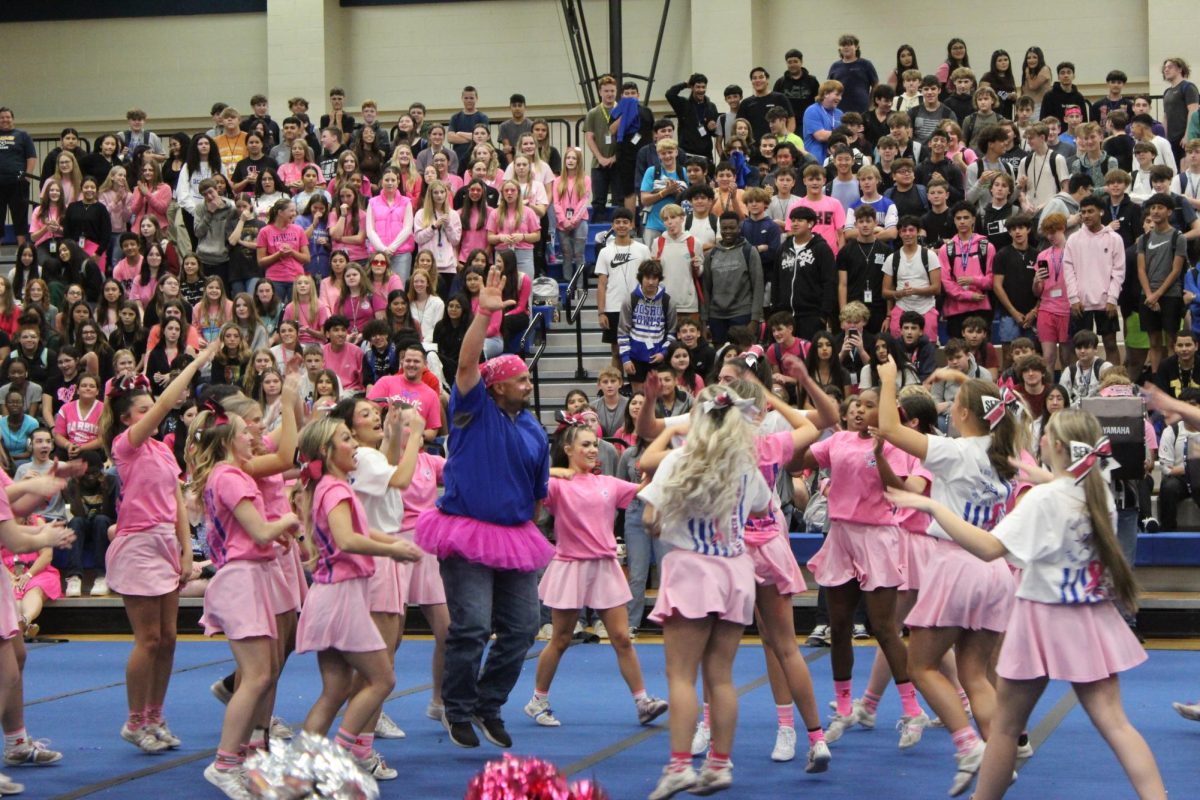
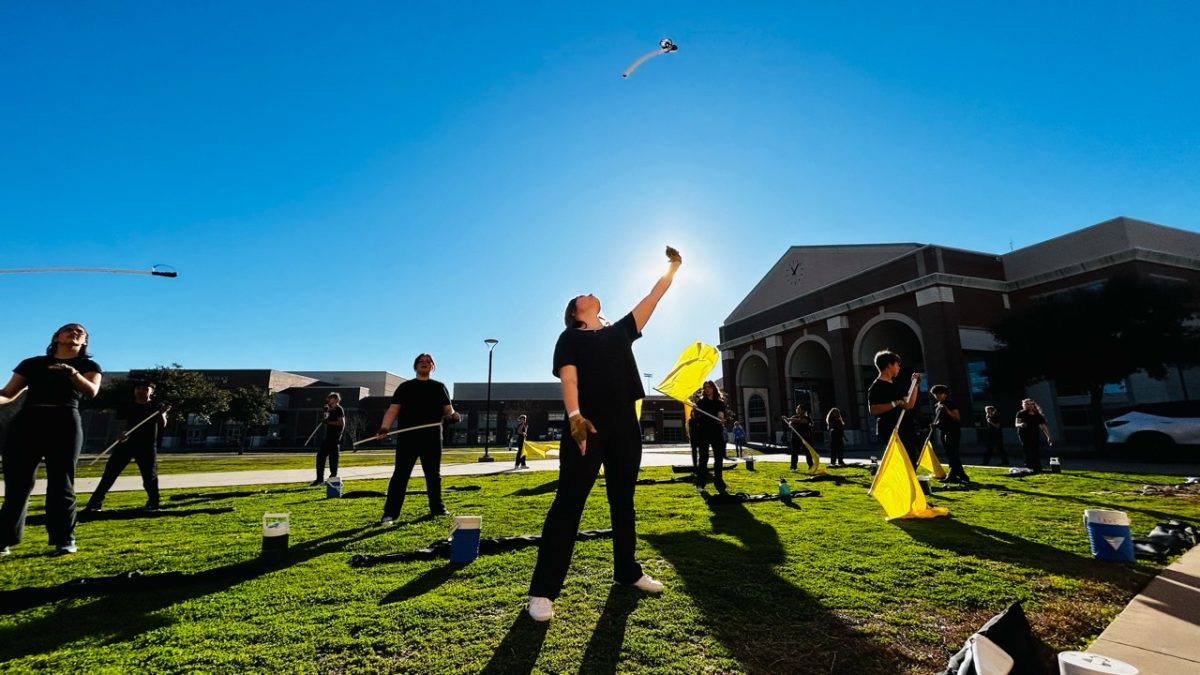
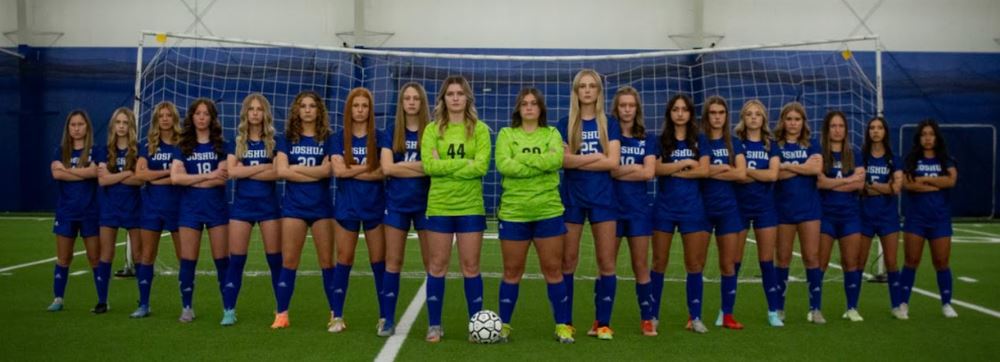
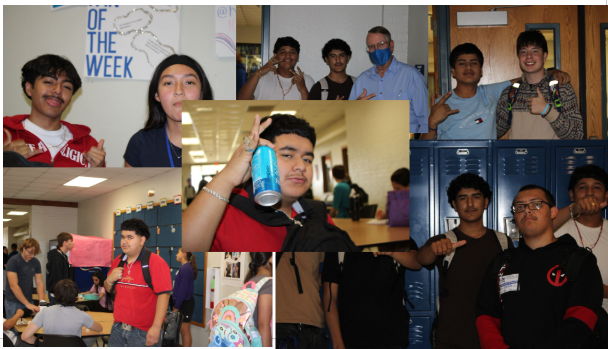
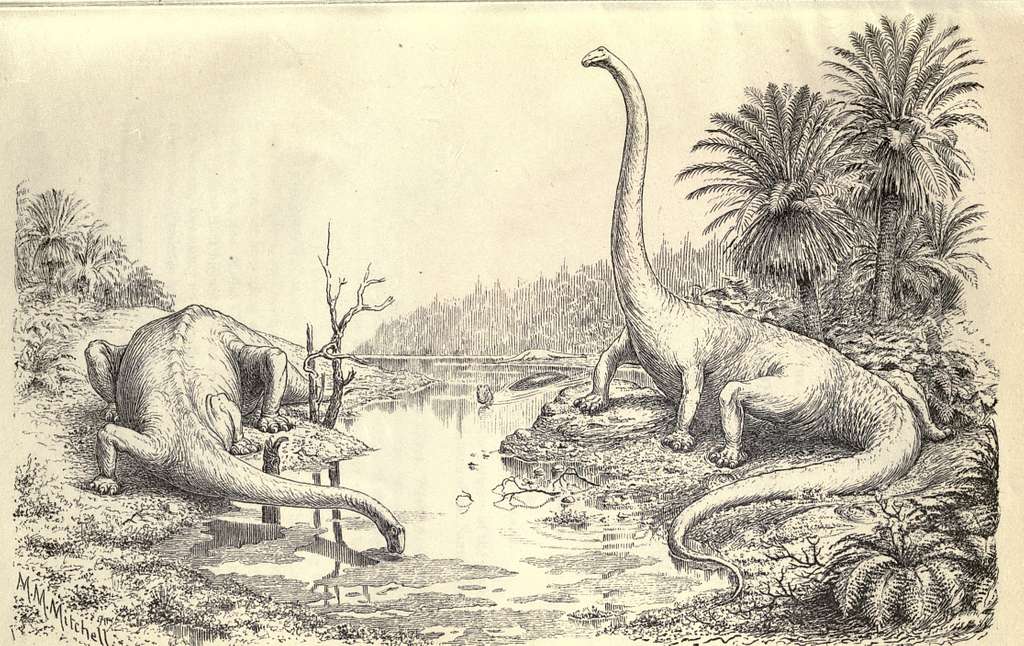
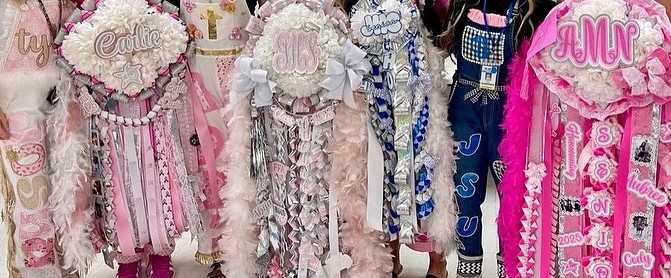
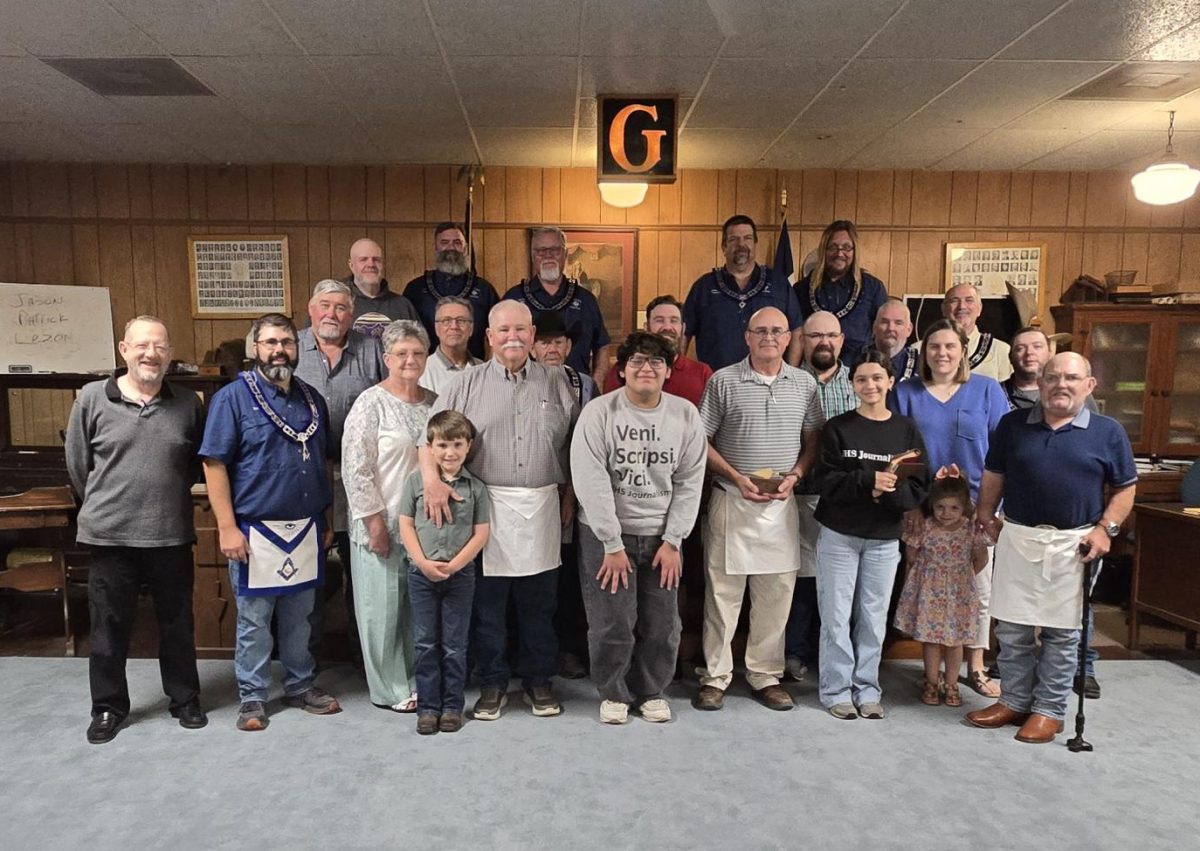
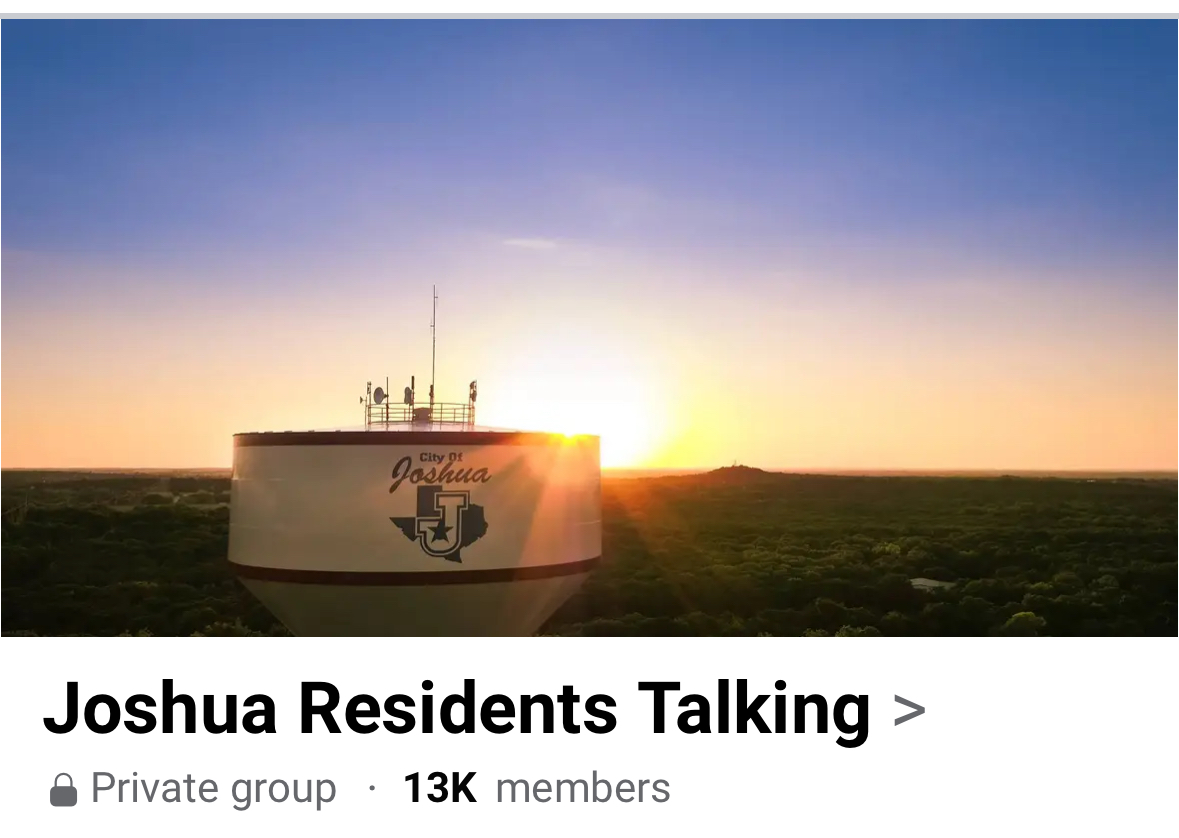


Lynn Nichols • Apr 11, 2025 at 1:16 PM
This is a great article.
I wish someone could post THIS on JRT. lol